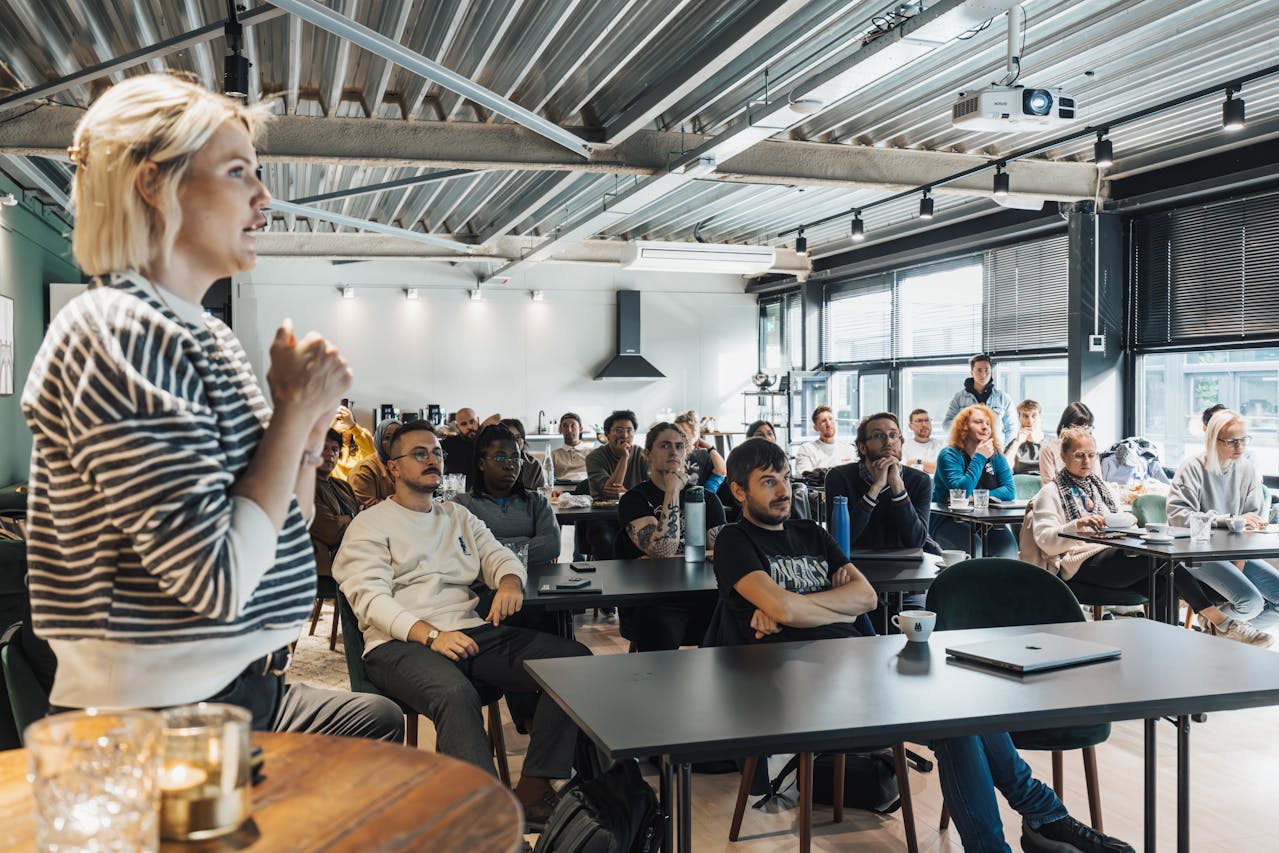The “Seed Technology and Plant Breeding” course provides participants with a comprehensive understanding of seed technology, plant breeding techniques, and their critical role in enhancing agricultural productivity and sustainability. The advancements in seed technology and plant breeding are key for improving crop yields, quality, and resilience, which are essential for feeding the growing global population. This course aims to equip participants with the knowledge and skills to lead innovations in seed technology and plant breeding, ultimately contributing to better crop production and food security.
Course Objective:
The primary objective of this course is to enable participants to:
- Understand the fundamental principles of seed technology and plant breeding.
- Develop proficiency in seed production, processing, and quality control.
- Apply plant breeding techniques for improving crop varieties.
- Promote sustainability and resilience in agricultural systems through seed technology and breeding practices.
- Enhance decision-making in crop selection and breeding strategies.
Organizational Benefits:
- Improved crop yield and quality through better seed technology and breeding practices.
- Strengthened decision-making for crop selection and breeding strategies.
- Reduced reliance on external seed suppliers.
- Enhanced sustainability and resilience of agricultural systems.
- Skilled personnel capable of managing seed technology and breeding programs effectively.
Target Participants:
This course is ideal for a diverse range of professionals and students, including:
- Seed technologists and researchers.
- Plant breeders and geneticists.
- Agricultural extension officers and advisors.
- Crop consultants and agronomists.
- Seed industry professionals.
- Students and academics pursuing agriculture or plant sciences degrees.
- Government agencies involved in agriculture and crop improvement.
Course Outline:
The course consists of several key modules that cover various aspects of seed technology and plant breeding.
- Module 1: Introduction to Seed Technology and Plant Breeding
- Overview of seed technology and plant breeding in agriculture.
- Historical context and importance of genetic improvement in crops.
- Module 2: Seed Production and Quality Control
- Principles of seed production and multiplication.
- Seed quality standards, certification, and testing methods.
- Module 3: Seed Processing and Storage
- Techniques for seed cleaning, treatment, and conditioning.
- Storage practices to maintain seed viability and quality.
- Module 4: Seed Health and Disease Management
- Identifying and managing seed-borne diseases.
- Implementing quarantine measures and obtaining seed health certification.
- Module 5: Molecular Genetics in Plant Breeding
- Introduction to molecular techniques in plant breeding.
- Marker-assisted selection and genomics in crop improvement.
- Module 6: Breeding for Crop Improvement
- Traditional and modern plant breeding methods.
- Developing high-yielding, disease-resistant, and climate-resilient crops.
- Module 7: Genetic Resources and Biodiversity
- Conserving and utilizing genetic diversity in breeding programs.
- Access and benefit-sharing regulations in genetic resource management.
- Module 8: Sustainable Agriculture and Organic Plant Breeding
- Organic breeding practices and principles.
- Fostering sustainability in agriculture through breeding.
- Module 9: Biotechnology and GMOs in Plant Breeding
- The role of genetically modified organisms (GMOs) in plant breeding.
- Exploring biotechnological advances in crop improvement.
- Module 10: Future Trends and Case Studies
- Emerging trends in seed technology and plant breeding.
- Real-world case studies showcasing innovations and successful breeding programs.
General Notes:
- All our courses can be customized to meet participants’ specific needs.
- Participants must have proficiency in English.
- Presentations include practical exercises, web-based tutorials, and group discussions. Our facilitators are experts with more than 10 years of experience.
- Upon completion, participants will receive a certificate from Stepsure Training and Research Institute.
- Training can take place at our center or online, according to the client’s schedule.
- Course duration is flexible, and content can be adjusted to suit any number of days.
- The course fee includes training materials, coffee breaks, buffet lunch, and a certificate of completion. Participants are responsible for their own travel expenses, airport transfers, visa applications, meals, and other personal costs.
- Discounted accommodation, pickup, freight booking, and visa processing arrangements are available upon request.
- Tablets and laptops are available for rent upon request, at an additional cost.
- One year of free consultation and coaching is available after course completion.
- Register as a group of two or more to enjoy a discount (10% to 50%).
- Payment should be made before the training begins or as per mutual agreement with Stepsure Training and Research Institute for better preparation.
For inquiries, contact us at:
- Email: info@stepsureresearchinstitute.org
- Phone: +254 723 482 495
- Website: www.stepsureresearchinstitute.org








